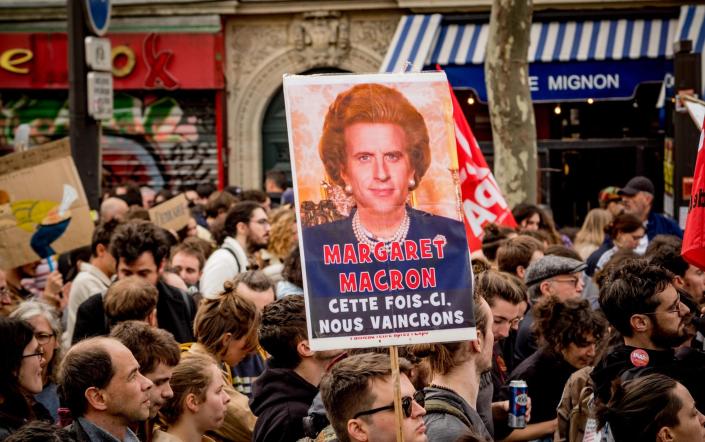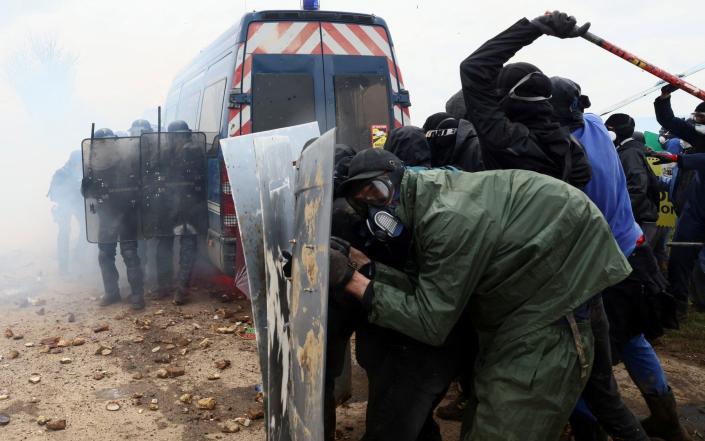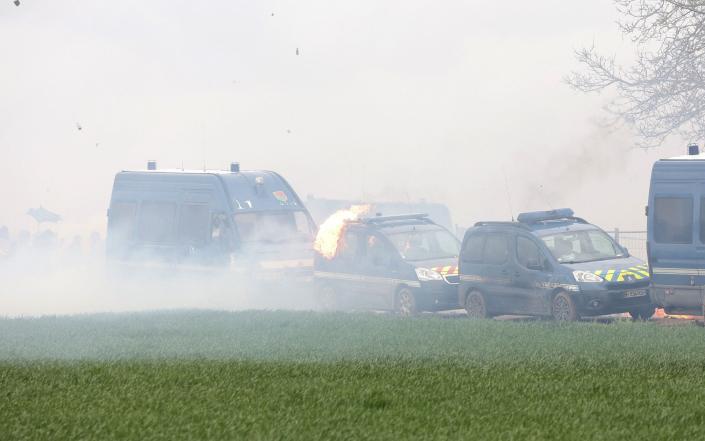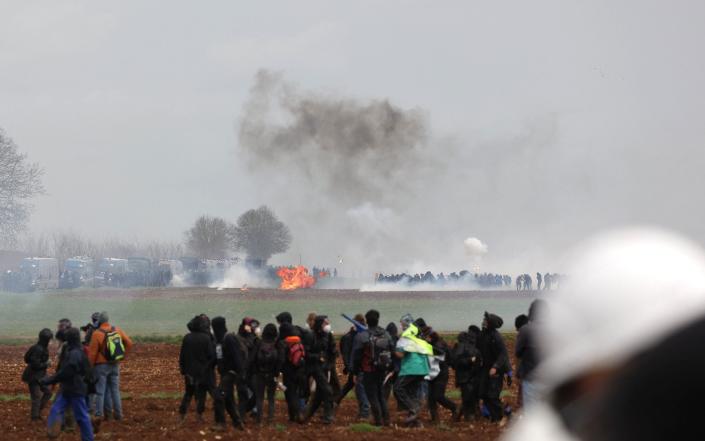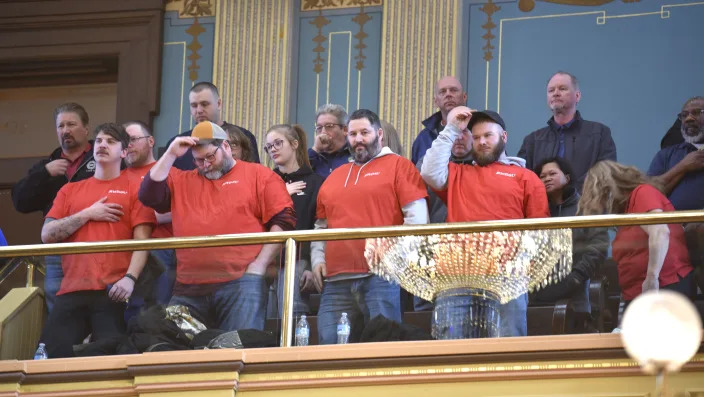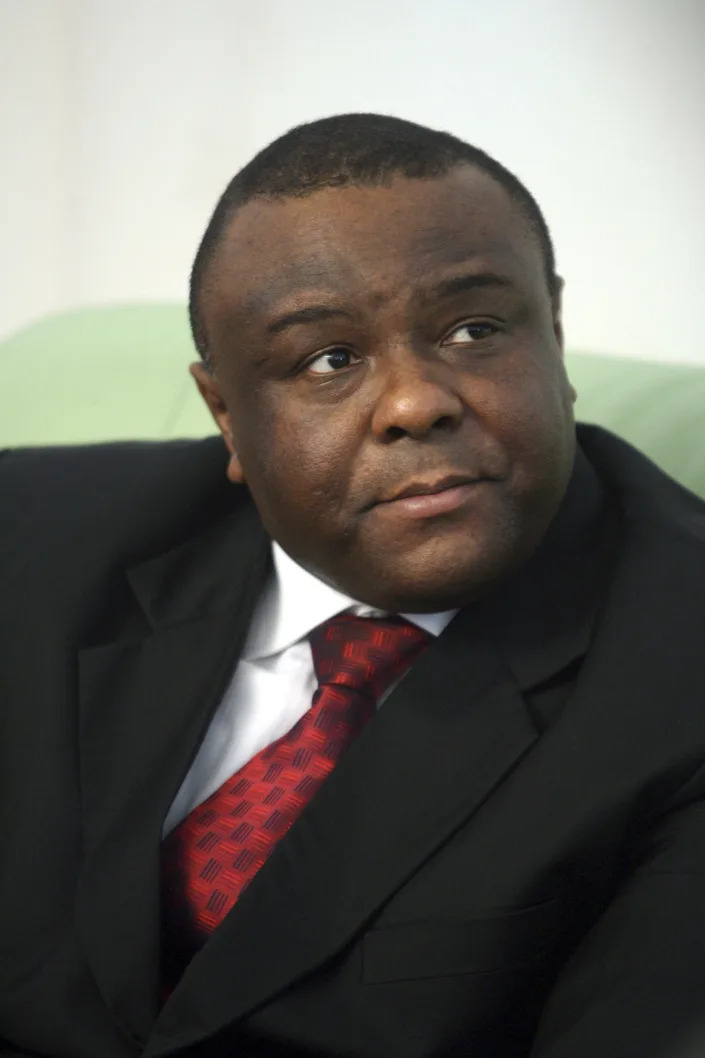French police clash with water reservoir protesters
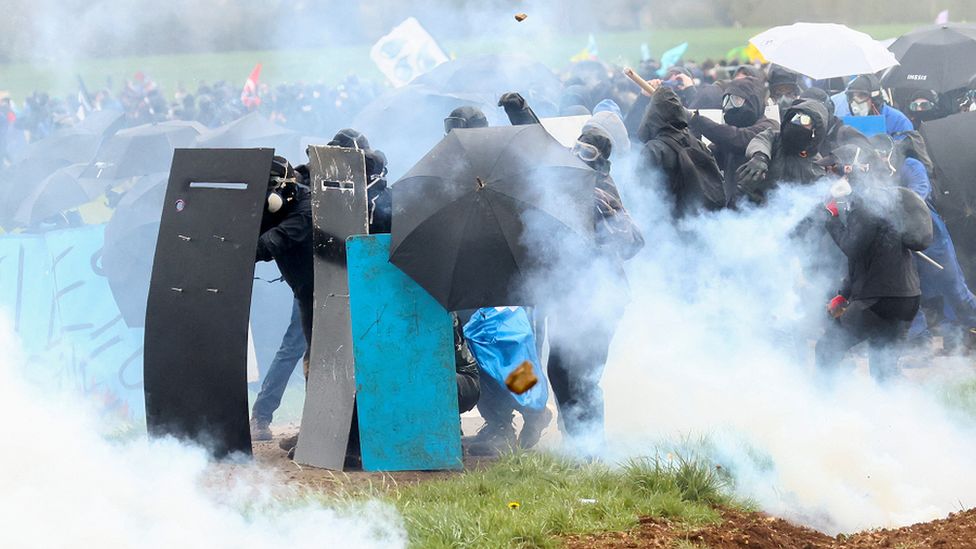 REUTERS
REUTERSFrench police have fired tear gas at protesters at a large demonstration in the west of the country.
Thousands of people had gathered in Sainte-Soline to protest against plans for a new water reservoir.
Several police cars were set on fire after clashes broke out at the construction site.
The unrest follows weeks of anti-government demonstrations in Paris and other cities over President Emmanuel Macron's pension reforms.
Though unrelated to the protests over plans to raise the state pension age, the latest demonstration adds to the growing sense of public anger within France.
Opponents of the irrigation project in Sainte-Soline, near Poitiers, marched in large numbers on Saturday despite a ban on gatherings in the district.
The procession set off late morning, with at least 6,000 people taking part, according to local authorities, although organisers claim the group numbered 25,000.
They are protesting against one of the reservoirs being built in the Deux-Sèvres department - developed by a group of 400 farmers to reduce mains water usage in the summer.
France's worst drought on record last year intensified discussions over water resources. Supporters of artificial reservoirs say they could provide the solution to shortages during future dry spells.
But opponents say the project favours large agricultural producers for crop irrigation in the summer and would not directly help the local community.
"While the country is rising up to defend pensions, we will simultaneously stand up to defend water," said the organisers, gathering under the banner of "Bassines non merci" - "No to reservoirs, thank you".
More than 3,000 police officers were deployed to Sainte-Soline, while officials said at least 1,000 potentially violent activists had joined the demonstration.
Security forces fired tear gas to stop some who reportedly threw fireworks and projectiles as they approached the fenced-off construction area.
Officials say several people have been arrested and police have seized weapons, including pétanque balls and meat knives.
President Macron said: "We will never give in to this violence. In a democracy, we do not have the right to use violence."
Interior Minister Gérald Darmanin said violence displayed against officers in Sainte-Soline was "unspeakable" and "unbearable".
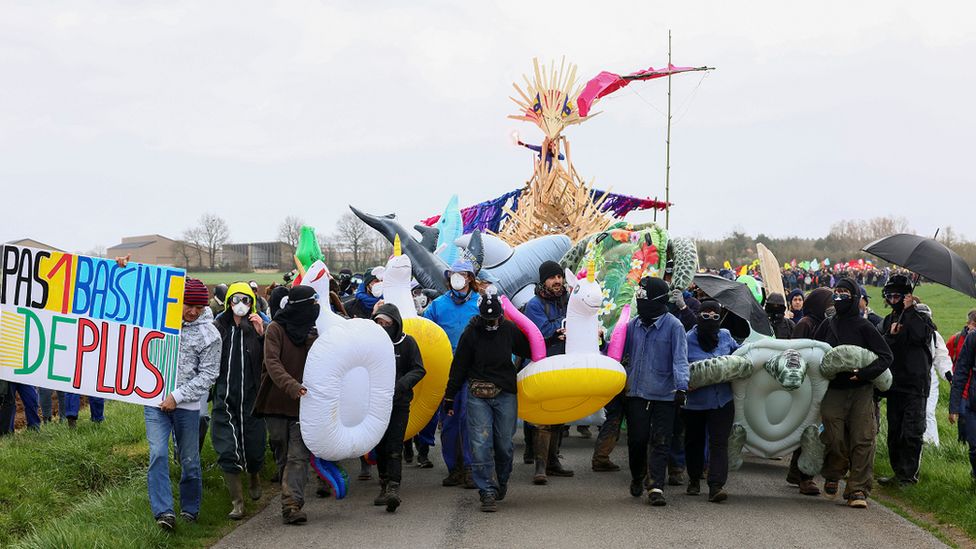 REUTERS
REUTERSSome of the demonstrators in Sainte-Soline saw this struggle as linked to the nationwide protests against President Macron and his decision to force through a rise in the pension age.
"What is happening today, this convergence of struggles - this struggle for water is similar to the one for pensions," said Benoit Jaunet, a spokesperson for the Deux-Sèvres Peasant Confederation.
"We are facing the same violence. Our work, our water are being stolen for a few people. And that's not right."
Saturday's demonstration follows similar marches in October.
Widespread protests have gripped France in recent weeks. The situation in Paris and other cities was calmer overnight, but security forces have remained on high alert following days of clashes with protesters.
Demonstrations have largely been peaceful, but several French cities have witnessed episodes of violence this week. In Bordeaux, the entrance to the town hall was set alight. In Paris, tear gas was fired and hundreds of fires were lit.
But the Council of Europe - the continent's leading human rights group - has warned that sporadic acts of violence "cannot justify excessive use of force by agents of the state" or "deprive peaceful protesters of their right to freedom of assembly".
Protesters have been emboldened by the government's use of constitutional power to ram through reforms without a vote in the National Assembly.
King Charles III's state visit to France was postponed at the request of President Macron. The trip to Paris and Bordeaux was due to begin on Sunday.
